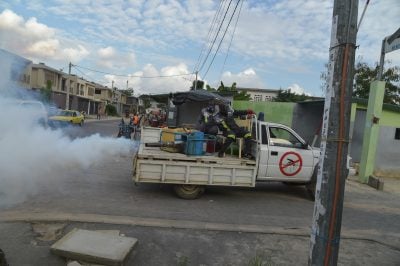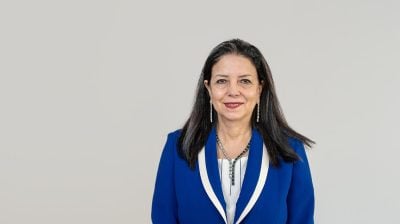The sudden death of Chad’s President Idriss Déby – the country’s leader of over 30 years and a stalwart ally of the West – is shrouded in mystery.
Just a day after provisional election results put Déby on course for a sixth term with almost 80% of the vote, the army announced that the president had been killed during a visit to troops fighting Libyan-based rebels in the country’s north.
While details of how one of Africa’s longest serving leaders perished in combat were scarce at time of going to press – reports suggest he was a regular and enthusiastic visitor to frontline troops – the regional consequences could be profound.
Déby, an army officer who took power in a 1990 coup, was a long-time ally of France and other Western powers in the battle against Islamist groups in the Sahel. In a sign of the importance of the alliance, French President Emmanuel Macron attended the funeral of France’s “courageous friend”. For Macron and other Western leaders, Déby’s unexpected demise represents the loss of a dependable ally and an icon of stability in a coup-prone region marked by insecurity and militant Islamism.
But the domestic consequences for Chad are equally serious. The government and parliament have been dissolved, and a nationwide curfew was announced by authorities. The army has announced that Déby’s 37-year-old son, General Mahamat Idriss Déby, will lead a transitional military council for 18 months until “free and democratic elections” are held, despite Chad’s constitution stating that in the event of a vacancy in the presidency, the speaker of parliament must take over as interim head of state until elections, which must be held within 90 days.
Opposition denounces ‘institutional coup’
The army’s proclamation and the arbitrary handover to Déby’s son have provoked anger among the country’s weak and divided political opposition. Chad’s main opposition parties dismissed the appointment as an “institutional coup”, and an umbrella group of trade unions joined the opposition in rejecting the establishment of the Transitional Military Council, calling for workers to stay at home until there is a resolution.
While Déby’s decades-long reign is over, his replacement by his military-backed son is unlikely to represent a new dawn for Chad. The West lauded Déby for his reliability in the war against Islamist groups, but many Chadians saw little improvement in living standards during his tenure and the country’s political atmosphere was marked by repression. With a population of 15.5m, the country ranks 187th on the UN’s Human Development Index.
While Western powers are likely to push for little more than continuity in the fight against Islamists, the African Union and other regional organisations must resist an illegal power grab by a military elite which has long shown indifference to Chad’s misery while benefitting from Western support.
Without fundamental political reform and development, the military’s image of Chad an island of stability will continue to obscure the suffering of its people.
Want to continue reading? Subscribe today.
You've read all your free articles for this month! Subscribe now to enjoy full access to our content.
Digital Monthly
£8.00 / month
Receive full unlimited access to our articles, opinions, podcasts and more.
Digital Yearly
£70.00 / year
Our best value offer - save £26 and gain access to all of our digital content for an entire year!

 Sign in with Google
Sign in with Google 





